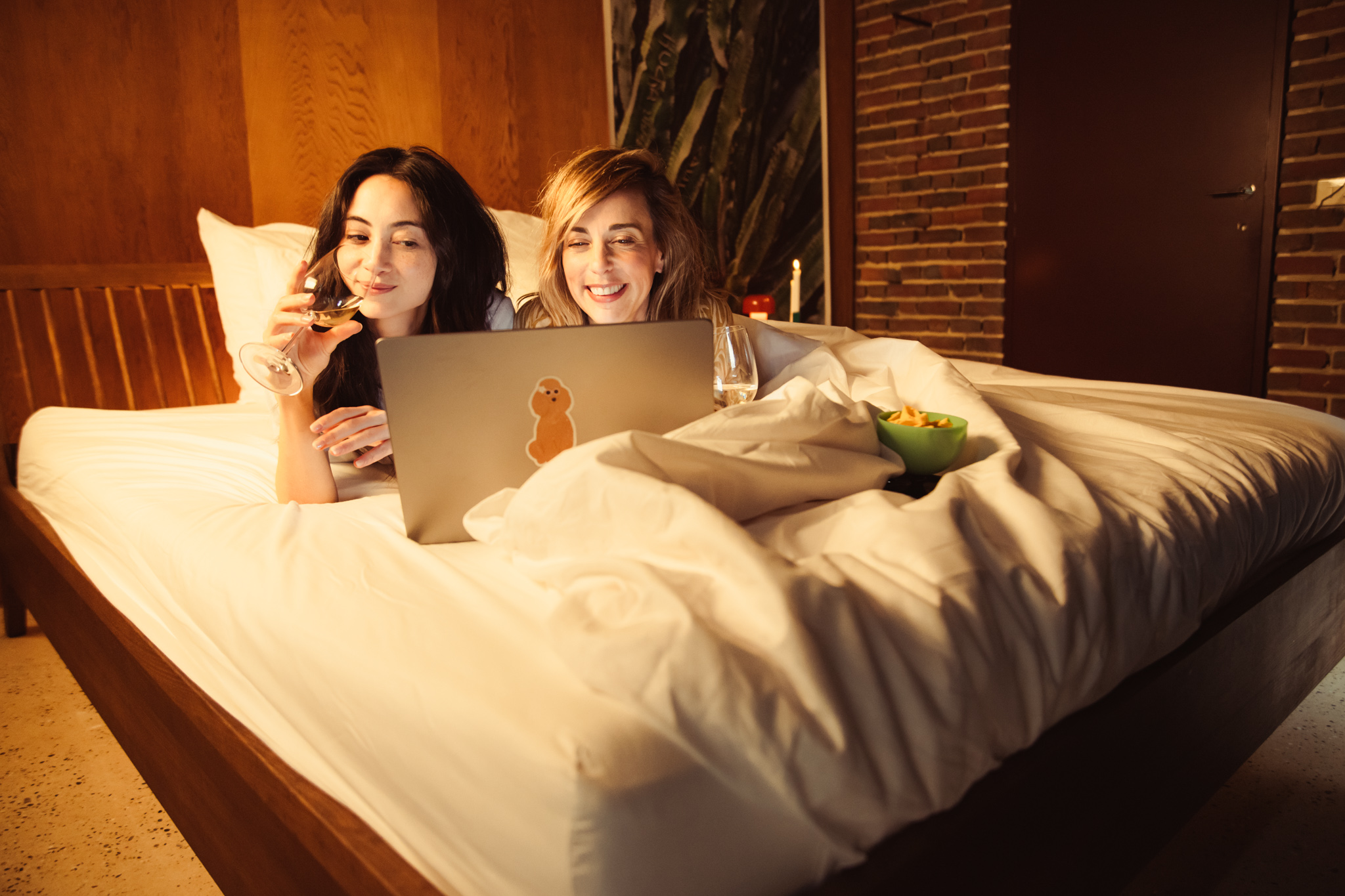How does alcohol affect your sleep?
A glass of wine with dinner or a beer at a party – for many, it's a way to relax. But what does alcohol actually do to your sleep? While it may seem that alcohol helps you fall asleep faster, the reality is far more complex. In this article, we delve deeper into the effects of alcohol on your sleep and why it's better to approach it with caution.

Alcohol and the central nervous system
Alcohol acts as a depressant on your central nervous system. This means it slows down brain activity, creating a calming effect. This may make you feel relaxed and help you fall asleep more easily. However, this calming effect is deceiving: alcohol significantly impacts the quality of your sleep.
Fall asleep faster, but struggle to stay asleep
Alcohol temporarily increases adenosine levels, a chemical in the brain that promotes sleep. This is why you feel drowsy after a drink. However, as the alcohol's effects wear off, adenosine levels drop again, often leading to interrupted sleep and early awakening.
Impact on sleep cycles
Healthy sleep consists of multiple stages, including deep sleep and REM sleep (Rapid Eye Movement). Alcohol disrupts REM sleep, the phase where dreaming occurs and your brain processes important information. With less REM sleep, you wake up feeling less refreshed, even if you've had a full night's sleep.
Disrupted melatonin production
Melatonin, also known as the sleep hormone, regulates your natural sleep-wake cycle. Alcohol interferes with melatonin production, which can throw off your internal clock. This can lead to irregular sleep patterns and problems falling or staying asleep.
Dehydration and restlessness
Alcohol acts as a diuretic, meaning you may need to visit the bathroom more frequently. This not only disrupts your sleep but can also lead to dehydration – another factor that reduces sleep quality. Additionally, alcohol can increase your heart rate and alter your body temperature, causing a restless night.
Why alcohol is not a good sleep aid
While alcohol may help you fall asleep faster in the short term, the long-term drawbacks outweigh the benefits. Disrupted sleep, fragmented nights, and a lack of restorative sleep phases leave you feeling tired and irritable the next day. Furthermore, regular drinking to fall asleep can lead to dependency, worsening the problem.
Tips for better sleep without alcohol
1. Create a sleep routine: Go to bed at the same time every night.
2. Avoid alcohol before bedtime: Stop drinking alcohol at least 3 hours before sleep.
3. Set a relaxing atmosphere: Avoid screens and bright lights before bed.
4. Stay hydrated: Drink water instead of alcohol to prevent dehydration.
5. Exercise regularly: Physical activity improves sleep quality.
While alcohol may help you fall asleep faster, it is not a healthy solution for sleep problems. The disruptions to your sleep cycles and the negative effects on your overall health clearly show that alcohol is not an effective sleep aid. Instead, focus on healthier sleep habits and give your body the rest it deserves.
